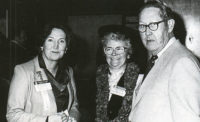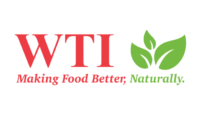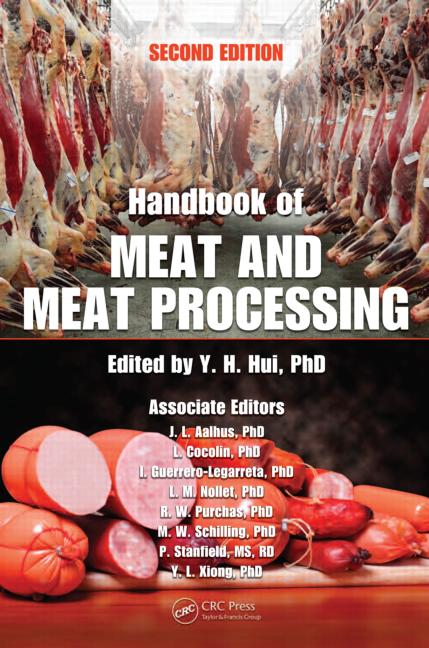National Meat Association’s Rosemary Mucklow: Her Reputation As An Industry Advocate Speaks Volumes.
A true captain of industry, Mucklow’s name is a synonym for “service” on behalf of meat-industry causes during more than 40 years of tenure. Her knowledge and political savvy contribute to a stellar reputation as an advocate and strong supporter of issues benefiting her association members specifically and the industry at large. Moreover, other “Captains of Industry” respect her good works.
Q: How do you define business and personal success in your life?
A: I spend little time on self-analysis in terms of whether I am successful. I care deeply about people, and in my business career, I know hundreds (and more likely thousands) of men and women who are strongly committed to doing the right thing in producing meat and meat food products that are nutritious and safe for consumers. It is my privilege to have “trust” relationships across the industry, with its suppliers, with the many service providers to the industry, with my fellow trade groups and with government officials. I am passionate about the efforts of this huge force of people to put food safety above other issues, and I come to work early every day with renewed passion.
Q: What are your greatest sources of professional and personal joy?
A: Joy is sharing good times with the people you love. Dinner at my home, usually roast meat with all the trimmings, for a small or large gathering is always a pleasure. I derive great pleasure from my garden, where I grow roses and other things of beauty. I love to see my staff receive appreciation and acknowledgement for their hard work.
Q: What advice do you have for neophytes who may wish to emulate your career path?
A: For neophytes — I never set out to do what I am doing in my work. Consider problems and roadblocks as opportunities. Turn over every stone to see what’s on the other side. Treat people with respect. Always be truthful. If you make a mistake, admit it and move forward. Work hard and always be prepared to go the extra mile. Be kind.
Q: The food business is dynamic but also chaotic at times, mainly due to outside market forces. Do you agree with this assessment?
A: Most certainly, the food business is dynamic. It is always changing, and our industry has improved its ability to listen to the consumer and produce the products they want. We can always do more. I get concerned that some of the meat products have lost the essential “good taste” and new generations of young people, with little education in food preparation, may not have the appreciation for good food that I think I have. With a renewed focus on young chefs and restaurant excellence, this will hopefully change. As the United States meat industry resumes its place in the world market, it becomes ever more important that we continue to demonstrate the excellence of our products, and NMA is proud to be a supporting member of the U.S. Meat Export Federation to help our members gain market access. Once again, food-safety concerns can seriously upend the market, and so the fundamental role of working with all parties of interest on fair and equitable terms of international trade is critical.
Q: Define power as it appears in your “personal” dictionary and how you use it to make a difference in your world.
A: I tell young people that they need to treat their counterparts in other organizations and in the government with respect and honesty, and if they continue upward in their career, and these counterparts climb their career ladder, over time they will all hold positions of greater responsibility and authority. The relationships with others — knowing who to call to address an issue or get an answer and simply being able to get through is one of the most powerful tools a senior executive has. If you’ve done it right, you can then accomplish in a telephone call what others might have to take a long journey to do. You develop trust relationships through everyday interaction with people. This is the single most powerful tool that you can have.
Q: Who are your heroes?
A: My heroes include: Winston Churchill who had the vision to win, when many others had already figured out that the UK had lost in 1940. Ronald Reagan, who had a vision for change, and who, indeed, carried it through eight years of his presidency. He was always optimistic. My mother and father taught me the basic values of honesty, kindness and fairness.




Report Abusive Comment